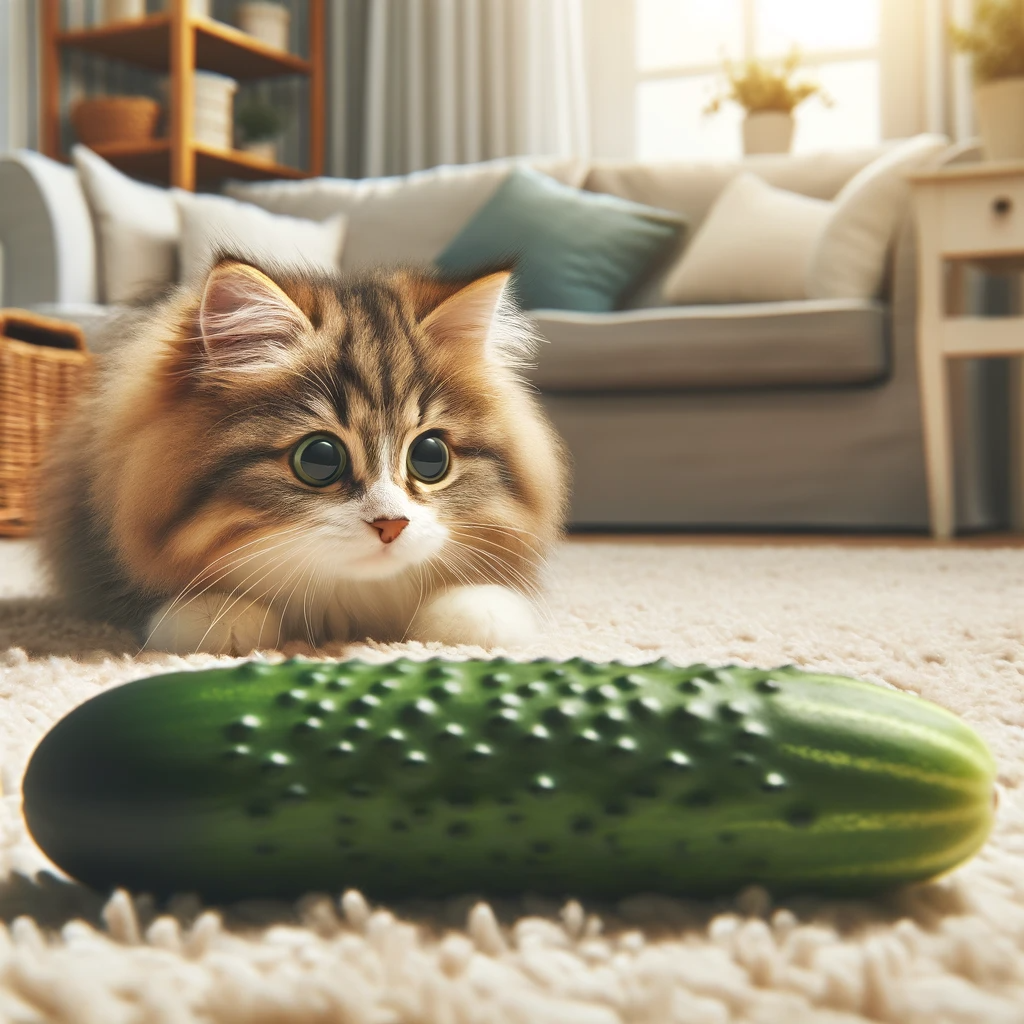Discovering the perfect small pet for children can be a delightful yet challenging journey, especially for busy families engaged in childcare in Glasgow. Discover the best small pets that are not only kid-friendly but also suit the dynamic lifestyle of Glasgow’s bustling environment. From low-maintenance animals to those that provide valuable lessons in responsibility, we explore options that harmoniously blend with family life, ensuring a positive experience for both kids and their new companions.
Top Choices for Small Pets Ideal for Children
An animal pet can be an invaluable teaching tool for children, instilling responsibility while offering them fun ways to interact with and play with one.
But not all pets are suitable for children; some are nocturnal, contain germs, and require care levels that could frustrate a child. Other exotic creatures, like snakes, frogs, and iguanas, require professional veterinary attention in order to be taken care of appropriately.
This table summarises various small pets suitable for kids, highlighting their uniqueness, care requirements, and suitability for different age groups.
| Pet Type | Characteristics and Care Requirements |
|---|---|
| Hamsters | Great first pets: low maintenance, cute, entertaining, short lifespan (2 years). |
| Syrian hamsters are recommended for their calmness and ease of training. | |
| Dwarf Winter White Russian hamsters are smaller, less active, and suitable for younger kids. | |
| need gentle handling; may bite if mishandled. | |
| Rats | peaceful, less prone to biting. |
| requires careful selection for an easygoing temperament. | |
| Fragile bones need safe handling to prevent injuries. | |
| Gerbils | Lively and entertaining; best for kids over 8 years old. |
| Thrive in social pairs or groups, which require larger cages. | |
| Enjoy digging and burrowing; you need deep substrate and dust baths. | |
| affordable, 2-year lifespan, diet includes rodent pellets and fresh veggies. | |
| Birds | low-maintenance, engaging, and ideal for allergy sufferers. |
| Daily cleanup is required; it can be messy. | |
| Good for active children; requires minimal space. | |
| Reptiles | Snakes and iguanas need large tanks and frequent diet changes. |
| not suitable for young kids due to care complexity. | |
| Invertebrates | Hissing cockroaches and stick insects are easy to care for and need little space. |
| suitable for novice owners; gentle handling is required. | |
| Finch/Parakeets | social, can be trained to talk, and requires a cage with perches. |
| ideal for families with limited space. | |
| Cockatiels | friendly, curious, can learn tricks, and can talk. |
| Lifespan of 20 years, higher initial cost. | |
| Fish | minimal care, peaceful atmosphere. |
| shorter lifespan; preparation for potential loss is needed. | |
| Guinea Pigs | Easy to care for, love being handled, ideal for children over 5. |
| The diet includes pellets, hay, and fresh veggies; it requires regular care. | |
| can whistle and bond easily with children. | |
| Chinchillas | require well-ventilated cages and sufficient hay in the diet. |
| Prone to respiratory and skin issues, I need vitamin C-rich foods. |
Hamsters for kids
Hamsters make great first pets because they’re low-maintenance, cute, and entertaining, as well as relatively cheap pet, with only two years to live until euthanasia! In terms of long-term commitment, they’re much easier than rabbits or chinchillas, which typically have longer-term commitments.
Children love watching hamsters scurry through their tunnels and run around on wheels all night long, but as prey animals, they can be very nervous when handled roughly and can bite if handled roughly. For safety’s sake, it’s recommended to choose a breed like the Syrian hamster, as they’re known for being calm and slow-moving and can be trained easily at an early age.
The Dwarf Winter White Russian Hamster is another suitable option, although not as tame as its Syrian counterpart. They typically range between 3.5 and 4 inches in length, with shorter faces and larger ears, and tend to be less active overall, making them easier for younger kids to handle.

Pet Rats for Kids
Rats can make great pets for children as long as you take the time to select one with an easygoing temperament and find one with whom your children can interact well. Rats tend to be peaceful creatures who don’t bite as easily compared to other rodents, making them easy to care for while teaching kids responsibility. Unfortunately, rats do have fragile bones; falling off things or being forced into small spaces like toys could cause fatalities as well as broken bones and stress-related problems.
Gerbils for kids
Gerbils are lively creatures that help children feel less lonely and may improve self esteem all the while they are pets worth keeping for providing hours of entertainment as they run around in their cage or home. Ideal first pets for children eight years and older, younger kids may struggle to handle gerbils safely due to a lack of fine motor control or self-restraint to safely keep one as a pet.
To reduce stress and avoid litters of female gerbils conceiving prematurely, gerbils should be kept with either another same-sex gerbil or two unrelated males and females. Doing this requires providing them with a larger cage than would otherwise be required if kept alone, plus plenty of deep substrate to burrow under, plus regular dust baths to maintain shiny coats and overall good health.
Gerbils are just like their wild counterparts in that they enjoy digging and creating shelters to escape predators or extreme weather conditions, using tunnels for food storage purposes, and creating safe havens against potential danger.
Gerbils are relatively affordable pets that live for approximately two years, making them a good option for families without much extra room or who want a less hands-on option than hamsters. Gerbils require a diet of rodent pellets, but fresh vegetables and fruit can be added for variety. At least twice every month, their cage must be thoroughly cleaned with warm, soapy water before being rinsed out to remove any scents that might harm them.
Birds for kids
If your children at home or at professional childcare in Glasgow are allergic to cats and dogs but still want a furry friend, consider getting them a bird. Birds require minimal maintenance, are engaging conversation pieces for children, can keep active children entertained for hours on end, and can keep your home cleaner too! Just remember they can be messy; daily cleanup may become part of their routine!
Rodents such as hamsters, gerbils, and guinea pigs could make good pets for your children, as these active little critters love running around their cage while playing with toys and family members. Rodents make an ideal pet choice for children who have demonstrated responsibility and can commit more fully to pet ownership.
Reptiles like snakes and iguanas make great additions, although younger children should understand the significant time and care commitment required to own one. Reptiles require large tanks with frequent diet changes as well as other needs not easily grasped by young children.
Hissing cockroaches and stick insects make great first-invertebrate pets for novice owners, as they tend to be easy to care for, not very messy, and require little space. Young children might prefer different pets; invertebrates like hissing cockroaches may bite when stressed; therefore, it’s important that children learn how to handle invertebrates gently so as not to overfeed or overstimulate their companion.
Finch for kids
Petting an animal has been proven to increase children’s self-esteem and teach them responsibility, though selecting the perfect pet for your family may be more complicated due to each animal having individual preferences, from insects like crickets or grasshoppers all the way up to larger mammals such as rabbits. Luckily, there are lots of choices, from tiny insects to larger mammals like rabbits, that might work!
Hamsters and gerbils make an ideal first pet choice for kids looking for something small to keep them active, fun, and simple to care for. However, before providing one to your children alone, make sure all members of the household understand and agree to be involved with its care.
Reptiles are another popular choice as kids’ pets, as they’re durable creatures that may even outlive adulthood! Being so long-lived makes reptiles ideal companions.
Securely lock reptile tanks and homes to prevent kids from reaching in and harming the animal, especially since reptiles are nocturnal creatures and may ingest harmful bacteria at night. Children may need to learn how to handle reptiles safely.
Finch or parakeets make excellent family pets. Not only are they social creatures who appreciate being held, but with proper training, they can even learn to talk! Plus, they don’t require much in terms of space or equipment besides a cage with perches to call home.
Cockatiel for kids
Petting an animal can teach children responsibility and compassion, yet sometimes larger animals don’t fit into your family. There are still plenty of smaller pets who provide the same level of affection to children as more traditional species would.
Cockatiels make excellent first pets for kids. Friendly and curious, these birds can learn tricks like flying onto their owner’s arms, plus they love human interaction and can even be taught to talk! Cockatiels may cost more than some small pets but they have an estimated lifespan of 20 years!
Gerbils make great pets for kids because they are social animals that can be trained to talk. Though larger than hamsters and living up to 10 years, gerbils won’t cost as much; you should expect to spend about PS100 on one along with its habitat.
Fish are an ideal family pet, coming in many different colours and shapes. Fish make excellent pets for children as they require only minimal care and upkeep compared to other pets; their peaceful atmosphere also helps them flourish well without much maintenance needed. It is important to remember, though, that fish don’t typically live as long as other pets; therefore, if choosing this form of companionship, it will require preparation from both parties regarding potential loss. Still, it remains an excellent way for kids to develop responsibility over a longer-term commitment.
Guinea Pigs for kids
Children over 5 who love animals can gain valuable life lessons by caring for a small pet such as a fish, hamster, rat, bird, or guinea pig. Although these pets require lots of TLC and need attention themselves, caring for them is an enjoyable way to teach compassion and empathy towards both animals and people, according to Jennifer Graham from Tufts University Cummings School of Veterinary Medicine in North Grafton, Massachusetts.
Guinea pigs make great pets for children because they’re easy to care for and love being handled—an ideal combination for an ideal choice when selecting family pet(s). Since they don’t sleep through the night and can even whistle, they bond easily with children while encouraging interactions between child and pet. Plus, family caretaking opportunities abound.
Guinea pigs should be fed a diet consisting of pellets, hay, and fresh vegetables. Hay is vital for digesting their food properly and maintaining proper tooth length; it also prevents respiratory illnesses, gastrointestinal disorders, and urinary tract infections from occurring. Include leafy greens and root vegetables like carrots and celery in their diet; limit fruit consumption due to its high sugar content.
Chinchillas can develop respiratory and skin issues when their cage is poorly ventilated or they don’t receive enough hay in their diet, including grasses, safe hays, vegetables, and berries. Without enough vitamin C in their diets, they may succumb to scurvy, which results in sore lips and reduced immunity.


